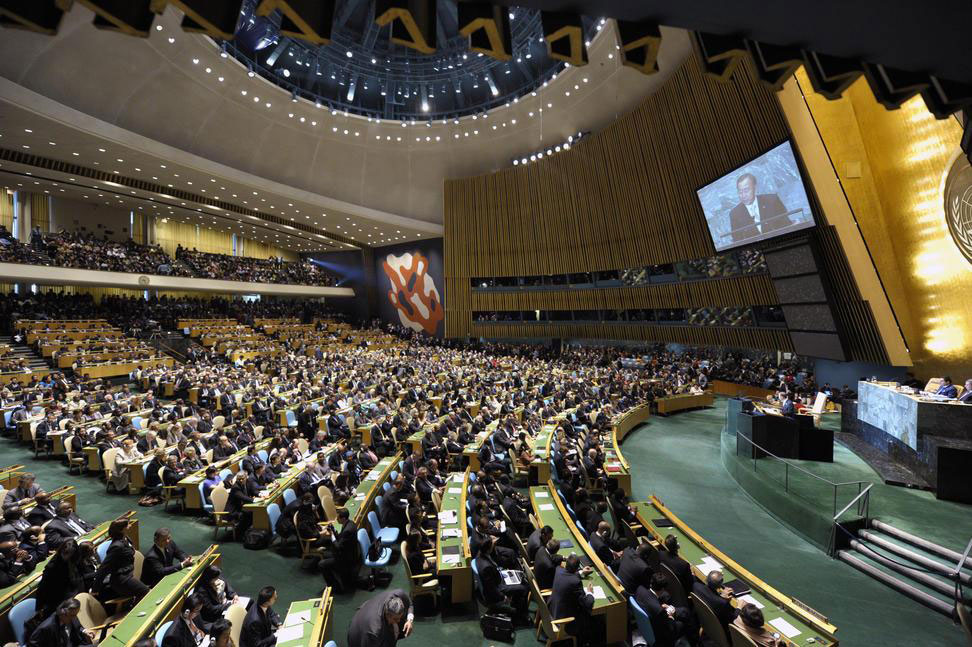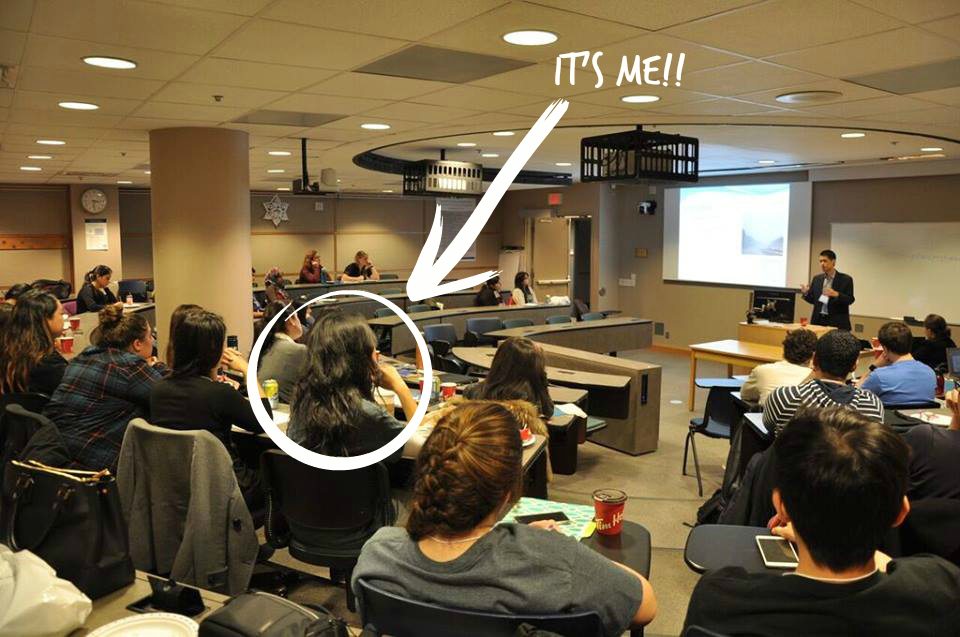Student-run conferences have become a big part of my involvement in campus activities. By “conference,” I refer not to a United Nations-like assembly of prominent politicians in suits but to a much less intimidating form that has really enriched my learning experience.

I’ve participated in a few and have had great experiences with them. Smaller events will often be free while larger events may require a fee that covers food, speakers, or renting out the space. In January, I attended the UTGB Student Leadership Conference where we discussed the impact of international short-term volunteering and the importance of understanding the underlying social and political context of the countries we serve. Just last month, I registered for the Fraser Institute seminar on public policy, which touched upon a range of diverse topics such as Aboriginal title in Canada and free market trade.

There are some cool advantages to attending student conferences - here are some features I personally enjoy:
Applicability One of the major ? benefits of student conferences is the relevance they hold for real issues. As someone aspiring towards a healthcare career, I study in the life sciences. Sometimes the material we learn in class can seem pretty distanced from the bigger picture of the world. That’s why student conferences are so important - they take what you learn in class and put it into a perspective that is applicable for real social issues. Many student conferences focus on a particular theme; this year, I’ve noticed that a lot of student conferences targeted to different backgrounds (poli sci, IR, global health, etc.) seem to be highly engaged with the Syrian refugee crisis. I appreciate how these student conferences ensure that what we learn matters and it promotes thinking that isn’t restricted to a lecture hall.
 UTIHP is organizing their annual health & human rights conference, this year emphasizing individuals living in conflict zones.
UTIHP is organizing their annual health & human rights conference, this year emphasizing individuals living in conflict zones.
Break-out sessions Many conferences will include sessions after each presentation where all attendees are split into smaller groups to have an informal discussion of what they just heard. This, especially in the context of university-run conferences, helps a lot of people feel more comfortable sharing their ideas and learning more from fellow students. It’s a lot less intimidating talking in a small group with your peers. I find that a lot of the ideas I retain from going to conferences are actually found within these smaller sessions because this is where you really get to debate the content and hear different perspectives and ways of thinking about the issue that you may not have considered before. Whether you agree or disagree with these views, hearing them will leave you better informed and maybe better aware of where you stand.
Guest speakers Guest speakers who are experts in a given topic are a treat to witness and learn from. I particularly like discussion panels that bring together speakers with different views or backgrounds on the same topic - you really get to see the issue from all sides. You may even get to meet and talk to the speakers one-on-one, which is excellent for networking. If the guest speaker happens to be a UofT prof, maybe you’ll consider taking one of their classes in the future!
 In honour of International Women's Day (March 8), Innis Student Society will be hosting a screening of "The Hunting Ground," an Oscar-nominated documentary scrutinizing the issue of sexual assault on college campuses. There will also be a panel discussion featuring UofT faculty and student reps.
In honour of International Women's Day (March 8), Innis Student Society will be hosting a screening of "The Hunting Ground," an Oscar-nominated documentary scrutinizing the issue of sexual assault on college campuses. There will also be a panel discussion featuring UofT faculty and student reps.
They’re fun! Call me a nerd but I love conferences because I love learning! Some people may think of student conferences as just another way of sitting through a class lecture but I think if you’re actually interested in the content then it can be very rewarding. That’s the beauty of conferences: you get to pick and choose what topics you want to learn more about - it’s not like having to take boring prerequisite courses (HI I’M TALKING TO YOU, SECOND YEAR ORGANIC CHEMISTRY). They’re also a great way to meet other people who share the same interests or ideas. Sometimes there are -GASP!- complementary refreshments!

Conferences are being held all the time at UofT but it can be hard to track them down. Social media has helped me discover events happening that I had no idea about. Through my Facebook friends clicking “Attending” on an event, posters tacked haphazardly around campus buildings, or department/student group emails, keep an eye out next time for a conference that interests you! Or even consider hosting your own conference and maybe I’ll see you there 🙂
What has been your experience with student conferences, UofT? Let us know in the comments and shout us out on Twitter, Facebook, or Instagram!
0 comments on “The power of student-run conferences and how they’re like mini UN assemblies”